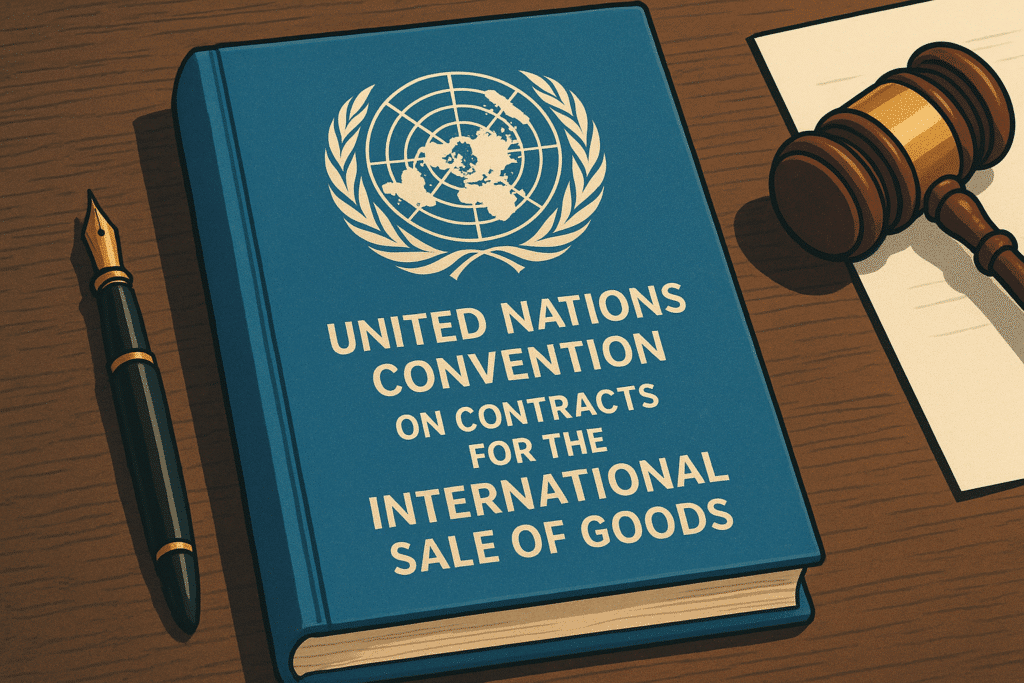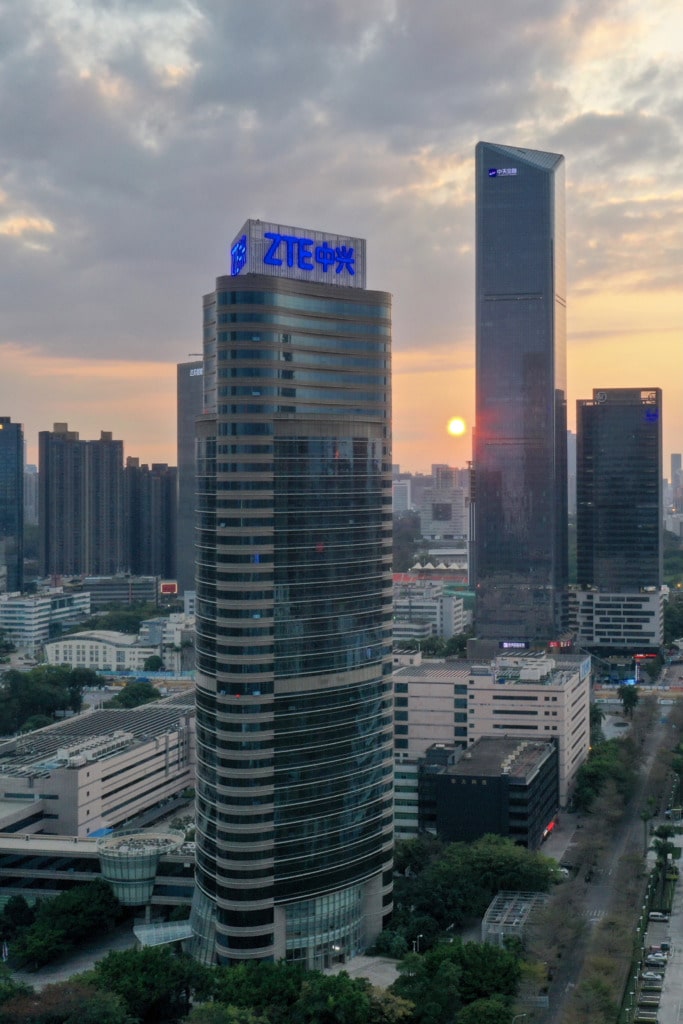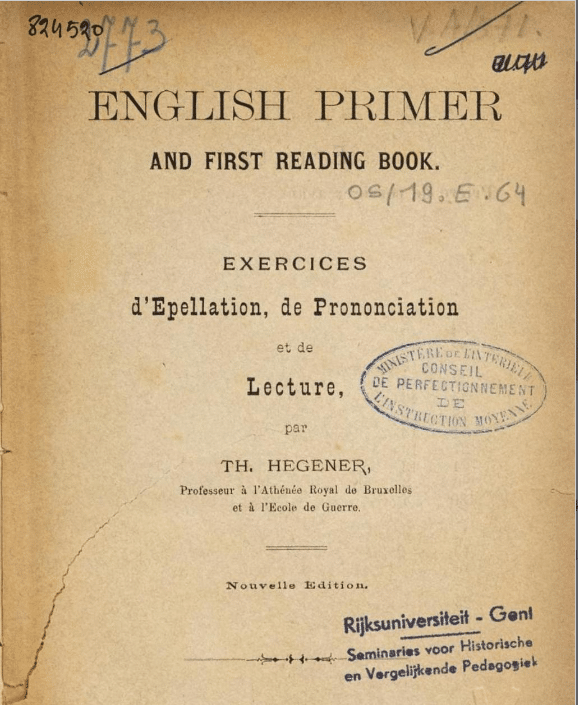Forum Selection Clauses and Subject-Matter Jurisdiction
The forum selection clause is the Swiss Army Knife of transnational litigation. It may be used to obtain personal jurisdiction over a defendant who otherwise lacks any connection to the chosen jurisdiction. It may supply a reason for dismissing a case filed in a jurisdiction other than the one named in the clause. It may be deployed to…
Continue ReadingThe CISG Saves the Day
The United Nations Convention on Contracts for the International Sale of Goods (CISG) has long been something of an enigma to American lawyers. The available evidence suggests that many U.S. lawyers are unaware of this treaty’s existence nearly forty years after it was ratified. In many cases, U.S. lawyers are upset to learn, first, that…
Continue Reading*Another* Federal Statute Relating to Foreign Judgments
The standard story relating to the enforcement of foreign judgments in the United States goes something like this: There is a special federal statute—the SPEECH Act—that applies to foreign judgments for libel or defamation. The State Department is currently in the process of drafting a federal statute that would implement the Hague Judgments Convention and…
Continue ReadingMini-SPEECH Acts
In the United States, it is common for states to enact statutes that mirror those already in operation at the federal level. These state statutes are sometimes described as “mini” versions of a particular federal enactment. A quick internet search turned up references to mini-FTC Acts, mini-WARN Acts, mini-Brooks Acts, and mini-Randolph-Sheppard Acts, among others….
Continue ReadingServing Foreign Defendants’ U.S. Counsel to Avoid the Hague Service Convention
Plaintiffs are sometimes frustrated trying to serve process on foreign defendants through the Hague Service Convention. Sometimes, they ask federal district courts to authorize service by email as an alternative means. The problem with this, as Maggie Gardner and I have explained in detail, is that that the means of service provided in the Convention…
Continue ReadingA Primer on Service-of-Process Clauses
A service-of-process clause is a contract provision that specifies how a summons and a complaint shall be served upon a person named as a defendant in a U.S. court. This post surveys the issues presented by such provisions. It first discusses the three most common varieties: (1) those that specify a method by which process…
Continue ReadingAll I Want for Christmas (Forum Selection Clause Edition)
As the holidays approach, TLB editors have prepared lists of things that they wish courts in the United States would do differently on the subject of transnational litigation. In this post, I revisit one of my favorite subjects—forum selection clauses—to identify some reforms that would make my Christmas exceptionally merry. 1. Stop Asserting Personal Jurisdiction…
Continue ReadingComity and Kleptocrats
To succeed in their trade, thieves need a place to stash their ill-gotten gains. Should the United States become a safe haven for international financial wrongdoing, shielding the proceeds of misdeeds whenever the thief brings corrupt government officials into the plot? Zhakiyanov v. Ogai, a recent decision of the Supreme Court of New York, indicates…
Continue ReadingA Troubling Decision in the EDNY
In the annals of troubling decisions relating to the enforcement of foreign forum selection clauses, a recent opinion, Gurung v. MetaQuotes, Ltd., by the U.S. District Court for the Eastern District of New York (Judge Orelia E. Merchant) warrants special mention. It raises the question whether any forum selection clause will ever be deemed unreasonable…
Continue Reading








